Life
Sign up for our newsletter
We summarize the week's scientific breakthroughs every Thursday.
-
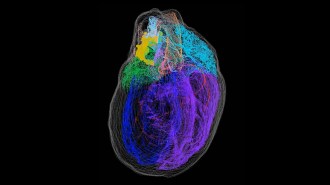 Neuroscience
NeuroscienceA new 3-D map illuminates the ‘little brain’ within the heart
Microscopy and genetic studies yield a comprehensive map of the nerve cells found in the heart of a rat.
-
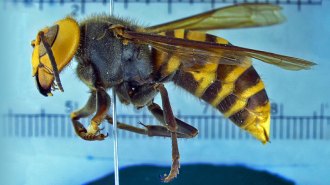 Life
LifeMore ‘murder hornets’ are turning up. Here’s what you need to know
Two more specimens of the world’s largest hornet have just been found in North America.
By Susan Milius -
 Genetics
GeneticsGenetic risk factors for Alzheimer’s also raise the risk of getting COVID-19
People who have the APOE4 genetic variant appear to be more vulnerable to the disease, but it’s unclear why.
-
 Life
LifeNeon colors may help some corals stage a comeback from bleaching
When some corals bleach, they turn bright colors. Stunning hues may be part of a response that helps the corals recover and reunite with their algae.
-
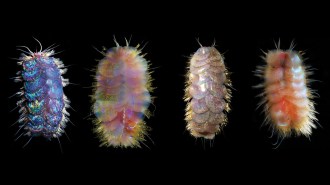 Animals
AnimalsNew species of scaly, deep-sea worms named after Elvis have been found
A genetic analysis sheds new light on funky scale worms with glittery, scales reminiscent of sequins on the “The King’s” iconic jumpsuits.
-
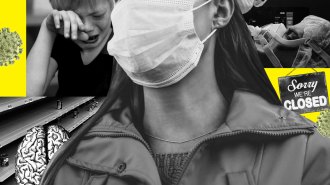 Neuroscience
NeuroscienceHow coronavirus stress may scramble our brains
The pandemic has made clear thinking a real struggle. But researchers say knowing how stress affects the brain can help people cope.
-
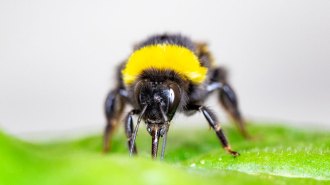 Life
LifePollen-deprived bumblebees may speed up plant blooming by biting leaves
In a pollen shortage, some bees nick holes in tomato leaves that accelerate flowering, and pollen production, by weeks.
By Susan Milius -
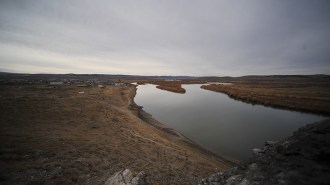 Genetics
GeneticsThe oldest genetic link between Asians and Native Americans was found in Siberia
DNA from a fragment of a 14,000-year-old tooth suggests that Native Americans have widespread Asian ancestry.
By Bruce Bower -
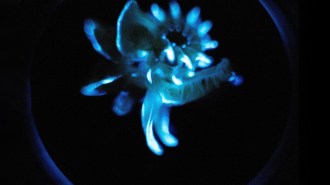 Chemistry
ChemistryHere’s a clue to how this tube worm’s slime can glow blue for days
Mucus oozed by a marine tube worm can glow for up to 72 hours. New results suggest that the light may sustain itself through some clever chemistry.
-
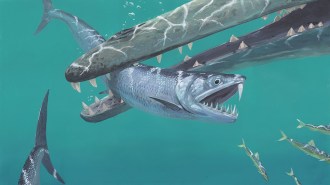 Paleontology
PaleontologySaber-toothed anchovy relatives hunted in the sea 50 million years ago
Unlike today’s plankton-eating anchovies with tiny teeth, ancient anchovy kin had lower jaw of sharp spikes paired with a single giant sabertooth.
-
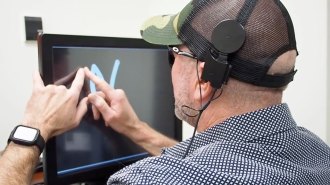 Neuroscience
NeuroscienceBlind people can ‘see’ letters traced directly onto their brains
Arrays of electrodes can trace shapes onto people’s brains, creating bursts of light that people can “see.”
-
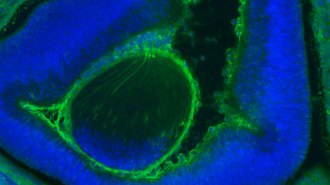 Genetics
GeneticsNew hybrid embryos are the most thorough mixing of humans and mice yet
Human-mice chimeras may usher in a deeper understanding of how cells build bodies.